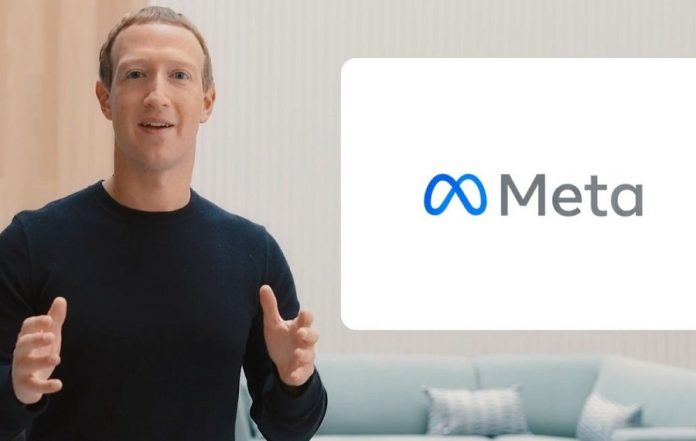Meta Launches “Take It Down” Program to Combat Teen “Revenge Porn”
TECHDIGEST– Meta, the parent company of social media giants Facebook and Instagram, has launched a new program called Take It Down to combat the proliferation of “revenge porn” on its platforms, especially among young people.
Revenge porn refers to the non-consensual sharing of explicit images or videos of a person, with the intent of publicly humiliating them. The practice has seen a rapid increase in popularity on social media, particularly among young boys.
The National Center for Missing and Exploited Children (NCMEC) reports that the damage done by revenge porn can be quite severe, especially to teens or adults, and can damage their reputation and familial relationships, leaving them in a vulnerable position.
READALSO:Canada Bans TikTok on Government-issued Devices Over Privacy Concerns
Take It Down, which is owned and operated by NCMEC, is the first program that will allow children to anonymously attach a hash, or digital fingerprint, to pornographic photos or videos from their own devices without having to upload them to the program’s website. By encoding the explicit hash, young people can visit TakeItDown.NCMEC.org and install software onto their devices. The anonymized number, not the image itself, will then be stored in a database linked to Meta so that if the photo is ever posted to Facebook or Instagram, it will be matched against the original, reviewed, and potentially removed.
Meta’s global safety director, Antigone Davis, stated that this issue has been incredibly important to the company for a very long time, as the damage done by revenge porn can be devastating to young people. The effort is fully funded by Meta and builds off a similar platform launched in 2021 called StopNCII, which aimed to prevent revenge porn among adults. Take It Down is open to people under 18 years old, and parents or trusted adults can also use the platform on behalf of a young person.
NCMEC has reported a significant increase in the number of reports of online enticement, including “sextortion” and revenge porn since 2016. The number of reports more than doubled between 2019 and 2021, with 79% of offenders seeking money to keep photos offline in the last year alone. Social media has become a hotspot for these types of cases, leading Meta to take a strong stance against the proliferation of revenge porn on its platforms.
















